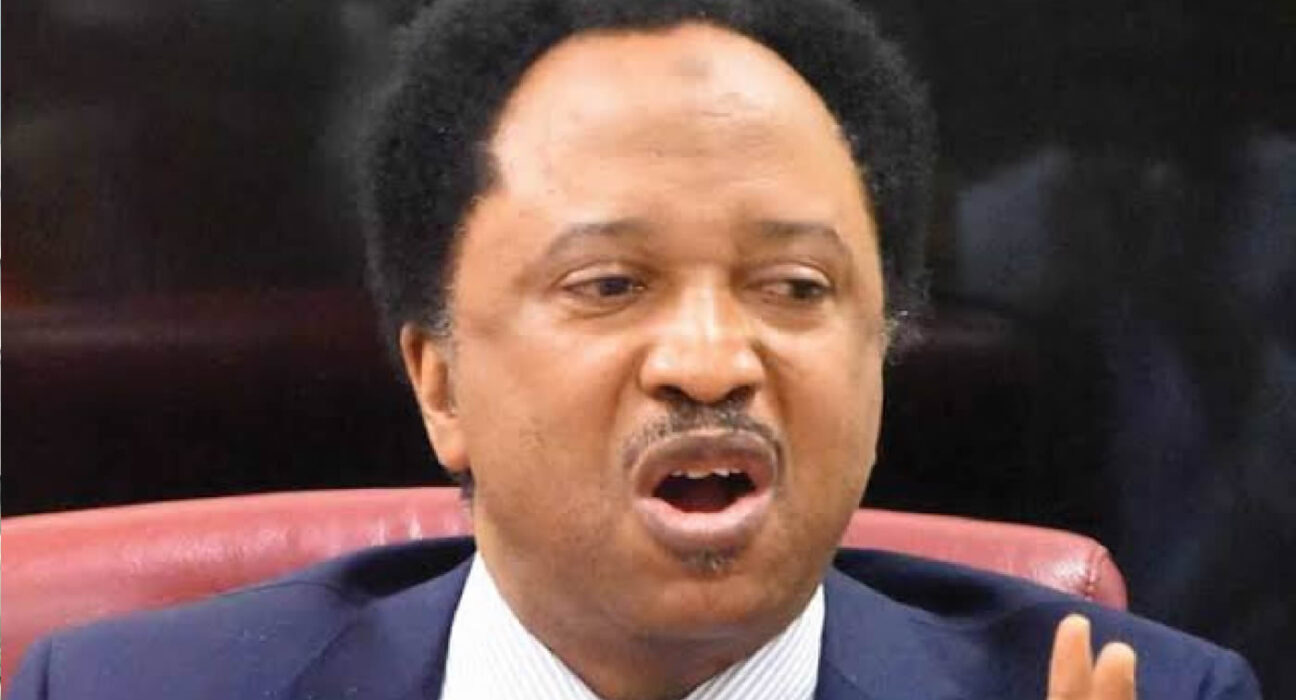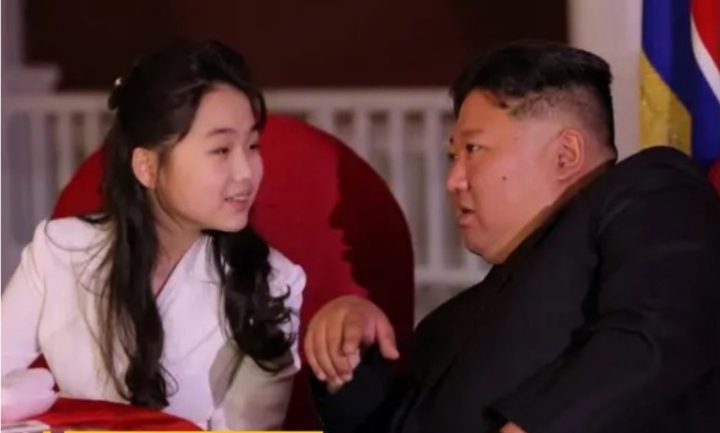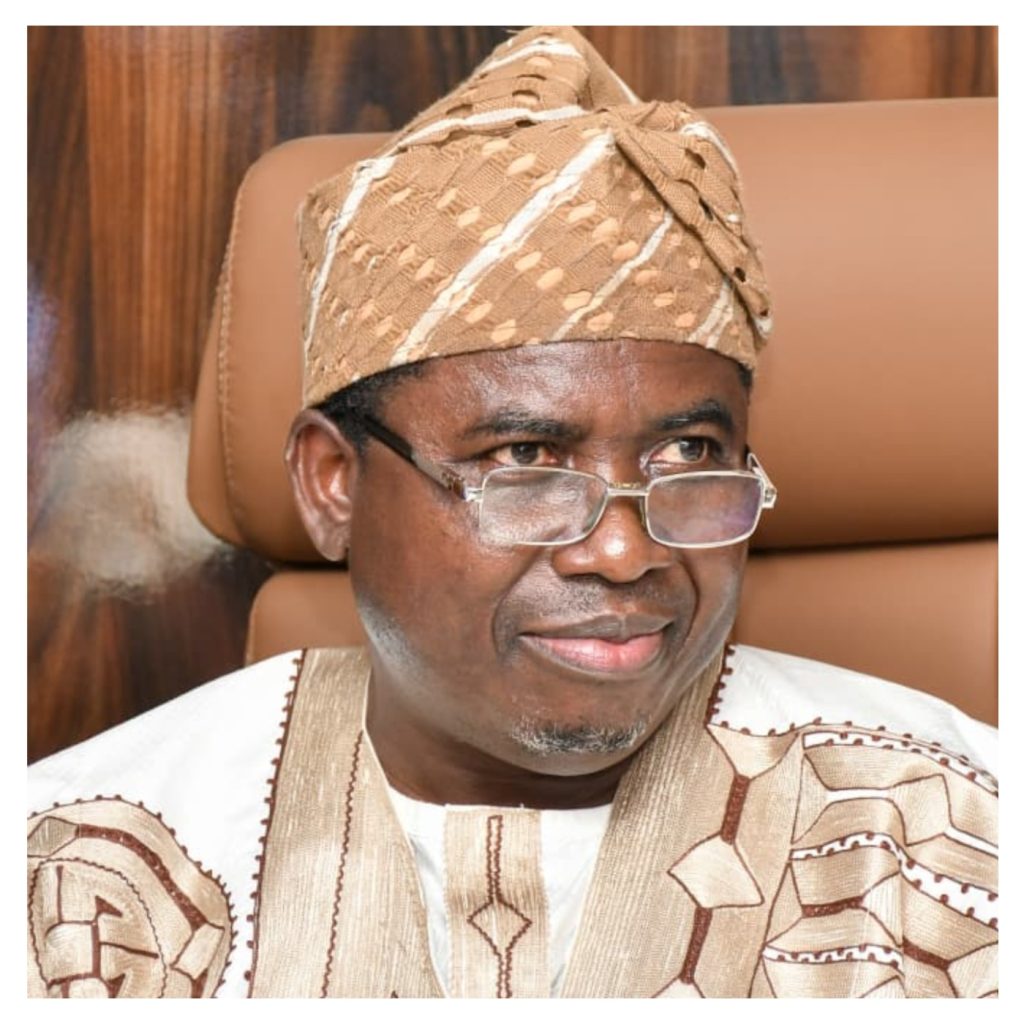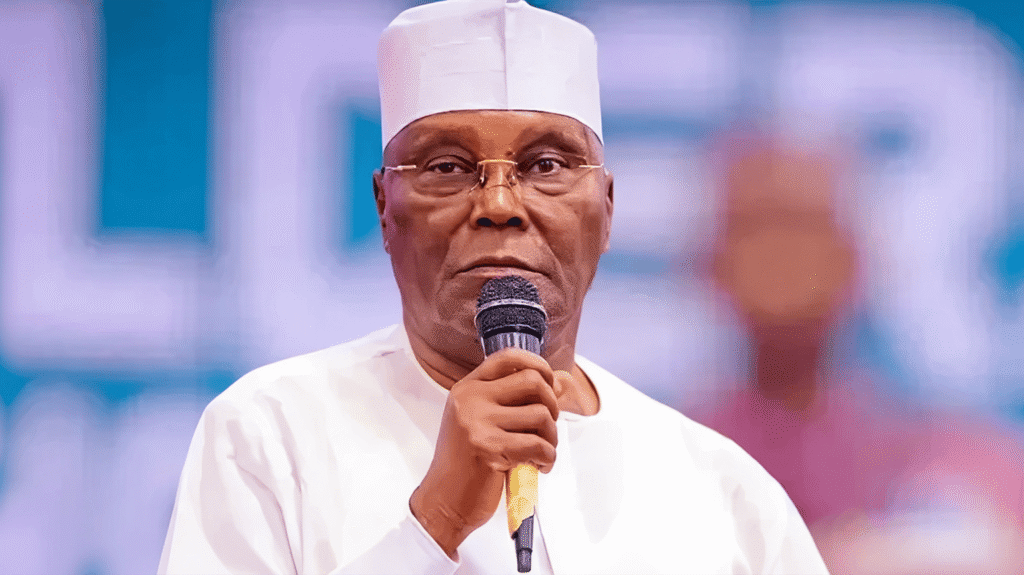Life Sentence Not the End for Nnamdi Kanu, Says Shehu Sani

Former senator and human rights activist, Shehu Sani, has described the life imprisonment of Indigenous People of Biafra (IPOB) leader Nnamdi Kanu as “not the end”, calling for dialogue and political engagement to address the underlying issues surrounding the separatist movement.
Speaking in Abuja shortly after Kanu was sentenced to life in prison on terrorism-related charges, Sani stressed that the judicial outcome, while legally binding, does not necessarily resolve the political and social grievances that fuel unrest in southeastern Nigeria.
“Imprisonment alone cannot erase the sentiments and aspirations of a people,” he said, urging the government to pursue a more inclusive and peaceful approach.
Sani, who has firsthand experience with political imprisonment, highlighted the importance of a strong legal defence and civic engagement in politically sensitive cases. He emphasized that resilience, both legal and moral, is crucial for those facing state persecution. “Some of us have been through life imprisonment and survived; what matters is vigilance, commitment, and the pursuit of justice within the system,” he noted.
The former lawmaker also cautioned against purely punitive measures, arguing that they could exacerbate tensions rather than foster reconciliation.
He called for a constructive dialogue between the federal government and IPOB, suggesting that meaningful engagement is the only way to achieve lasting peace in the region.
Security analysts have noted that Sani’s remarks underscore a broader concern in Nigeria: that legal verdicts, while necessary, may not be sufficient to address deeply rooted political, social, and ethnic conflicts. By emphasizing patriotism, dialogue, and citizen involvement, Sani is advocating for a strategy that combines legal enforcement with political reconciliation.
As the nation responds to Kanu’s sentencing, voices like Sani’s highlight the need for both rule of law and political foresight, warning that the challenges surrounding separatist movements in Nigeria extend beyond the courtroom and require careful, inclusive solutions.









